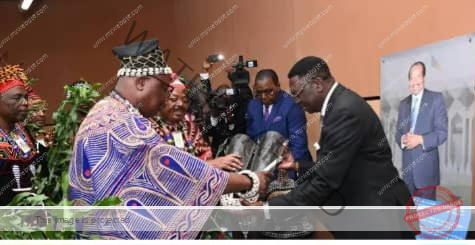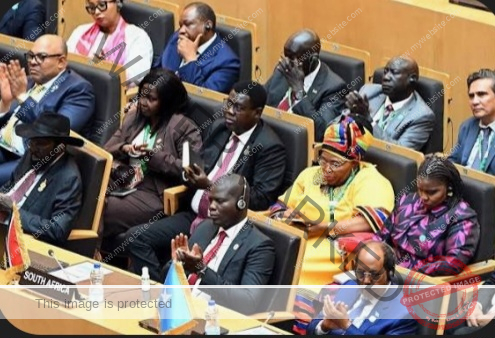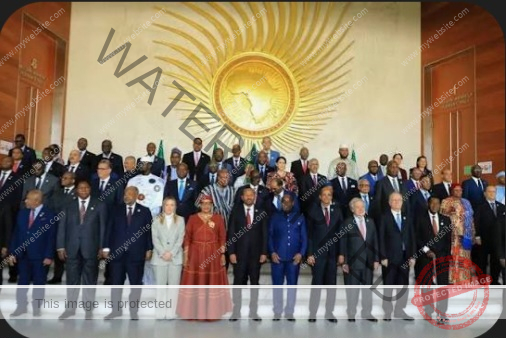Recent reports of large sums of money given to Chiefs and Fons during visits to the Etoudi palace are transactions that further weaken their traditional authority and moral standing,
By Nelson Uchiba
The relationship between traditional leaders from the Anglophone regions — or Ambazonia, as pro-independence advocates define them — and the central government in Yaoundé has long been complex and, at times, contentious. Recent reports of large sums of money being given to certain Chiefs and Fons during visits to the Etoudi Palace have reignited questions about loyalty, autonomy, and political influence.
Such financial gestures are rarely without conditions. In political systems where loyalty is rewarded materially, these benefits often come with an unspoken expectation of compliance. For the government, it is a strategy to secure influence; for the recipient, it can create obligations that limit the ability to act independently or to defend community interests when those interests conflict with state priorities.
It is important to recognise that some prominent Ambazonian Chiefs and Fons have declined such invitations, choosing to maintain distance from the Presidency. Others have accepted, with resources reportedly used for personal or family benefit rather than community development.
The danger becomes evident when political calculations shift. If the government were to replace an Anglophone Chief or Fon with a Francophone counterpart, the leader who had benefited financially might face a dilemma: either accept the change quietly or resist and risk consequences — including demands for repayment, loss of title, or political marginalisation.
From the Ambazonian perspective, these transactions further weaken the traditional authority’s moral standing, making it harder for such leaders to stand with their people in the quest for self-determination. Accepting such money is seen as deepening dependence on a system that many Ambazonians consider illegitimate and colonial in nature.
History shows that money given in political contexts often serves the giver’s interests first. Ambazonian leaders who accept it must weigh the short-term gains against the long-term cost to their credibility, their autonomy, and the cause of the people they are meant to represent.
Nelson Uchiba





















Leave feedback about this